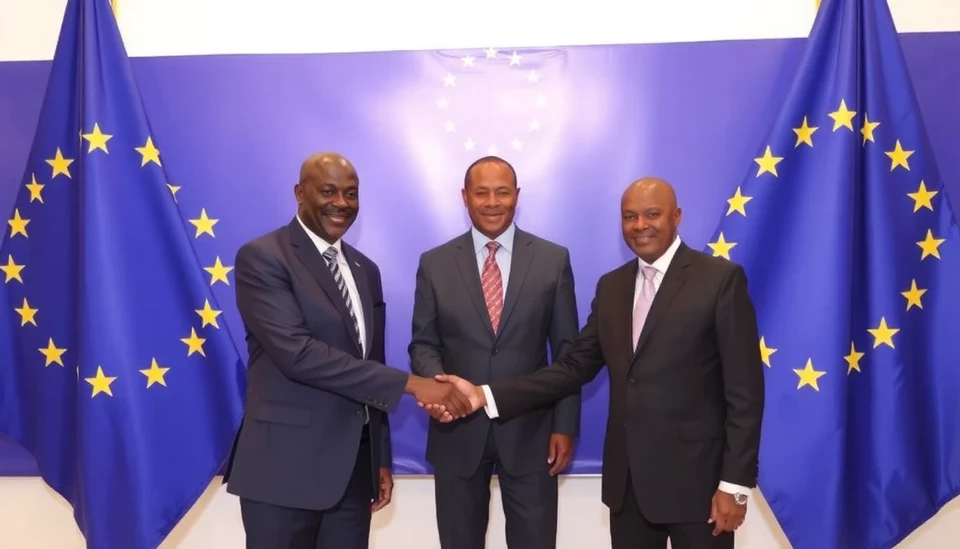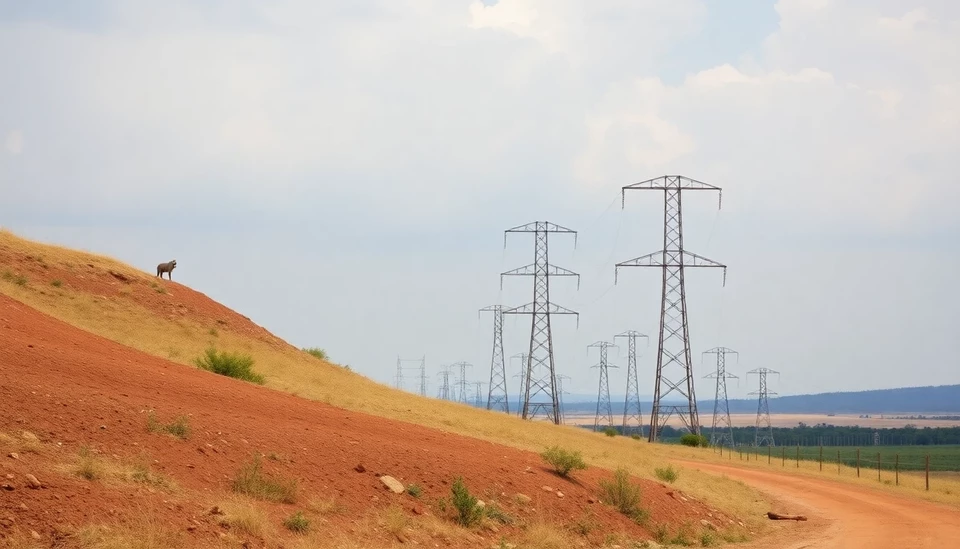
In a significant development that could impact Kenya's economic landscape, the nation has encountered a setback in its relationship with the International Monetary Fund (IMF). The IMF has failed to complete the final review of its lending program with Kenya, a situation that not only complicates Kenya's financial prospects but also raises questions about future aid from the World Bank and the United Arab Emirates (UAE).
The difficulties stem from Kenya's inability to meet certain agreed-upon fiscal targets, which were part of the IMF's extended fund facility. This lapse is seen as a red flag, indicating potential challenges in the country's economic management and stability. S&P Global Ratings has issued a report highlighting that this failure to secure a successful review could delay the flow of crucial investments and funds from the World Bank and the UAE, both of whom play vital roles in supporting Kenya's development projects.
Analysts believe this setback highlights the increasing pressures on Kenya's fiscal balance and the urgent need for policy adjustments. Despite the government's efforts to manage public spending and boost revenue through various reforms, certain external factors, particularly global economic conditions and domestic fiscal pressures, have hampered progress. The IMF program was envisioned as a pathway to stabilizing the Kenyan economy and restoring investor confidence, but its stalling poses a threat to those objectives.
The implications of this development could be far-reaching. With the World Bank’s funding critically tied to the successful reviews of the IMF program, delay in these funds may disrupt several key projects across the nation, particularly in infrastructure, health, and education. Meanwhile, the UAE's investments have often been directed toward enhancing Kenya's trade capacities and infrastructure, and a lack of clarity in funding sources from the UAE could stifle growth in these critical sectors.
As the Kenyan government grapples with these emerging challenges, it remains to be seen how effectively it can audit its fiscal policies while simultaneously facilitating the necessary reforms to reassure international lenders and investors. The pursuit of additional financial assistance and new strategies to revitalize the economy is likely to remain at the forefront of the government's agenda in the coming months.
Given the present complexities, experts urge increased transparency and enhanced fiscal discipline to regain the confidence of both international partners and local stakeholders. Continuous monitoring and timely reporting of economic indicators will be essential in navigating this turbulent fiscal period.
In summary, Kenya’s current predicament marks a critical juncture that demands swift actions to ensure that essential funding continues to flow into key developmental areas. The stakes could not be higher for a nation that is striving to cement its place as one of East Africa’s leading economies amidst global financial uncertainties.
#Kenya #IMF #WorldBank #UAE #Economy #FinancialStability #EconomicPolicy #KenyanDevelopment
Author: Daniel Foster




